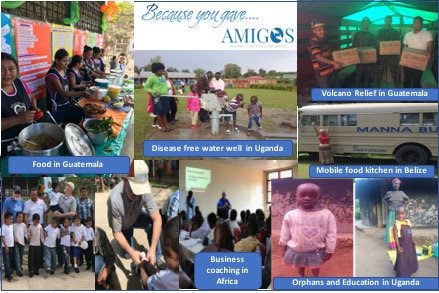How To Reduce Poverty and Food Insecurity In Uganda? Accessing Different Platforms
Uganda, the landlocked nation in East Africa, is a landlocked country. Uganda is destined to become a major oil producer, with approximately 6.5 billion gallons of oil reserves on its soil. Uganda, however, remains a low-income country.
Struggled to battle hunger
Even though poverty in Uganda has fallen from 56
percent in 1993 to 21.4 percent in 2016, this country's citizens have struggled
to battle hunger.
Uganda suffers from chronic malnutrition as a result
of poverty and hunger and food
insecurity, which has resulted in over 110,000 infant fatalities between
2004 and 2009. Throughout Uganda, organizations have been dedicated to
addressing the issue of hunger.
Poverty in Uganda: Facts and
Figures
Uganda's population is rapidly increasing as a result
of refugee inflows. Uganda's refugee
population has risen from 200,000 in 2012 to even more than 1.2 million now.
The country's refugee policy has been praised by the UN High Commissioner of
Refugees.
But instead of putting refugees inside camps, Uganda
provides them with a plot of land as well as accessibility to services like
healthcare and education.
 |
| Poverty and Food Insecurity |
Emphasized globally to increase productivity
Hunger is becoming more prevalent in Uganda as a
result of poverty and food insecurity.
Increasing agricultural productivity has been emphasized globally to combat
malnutrition.



Comments
Post a Comment